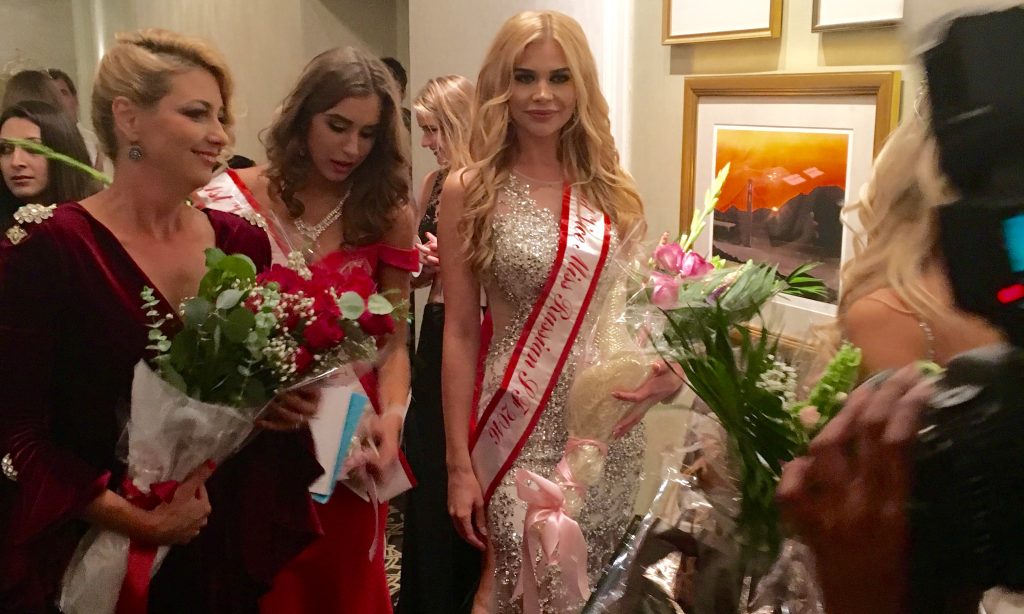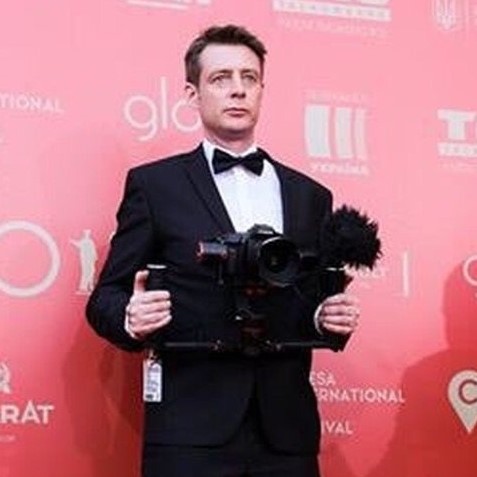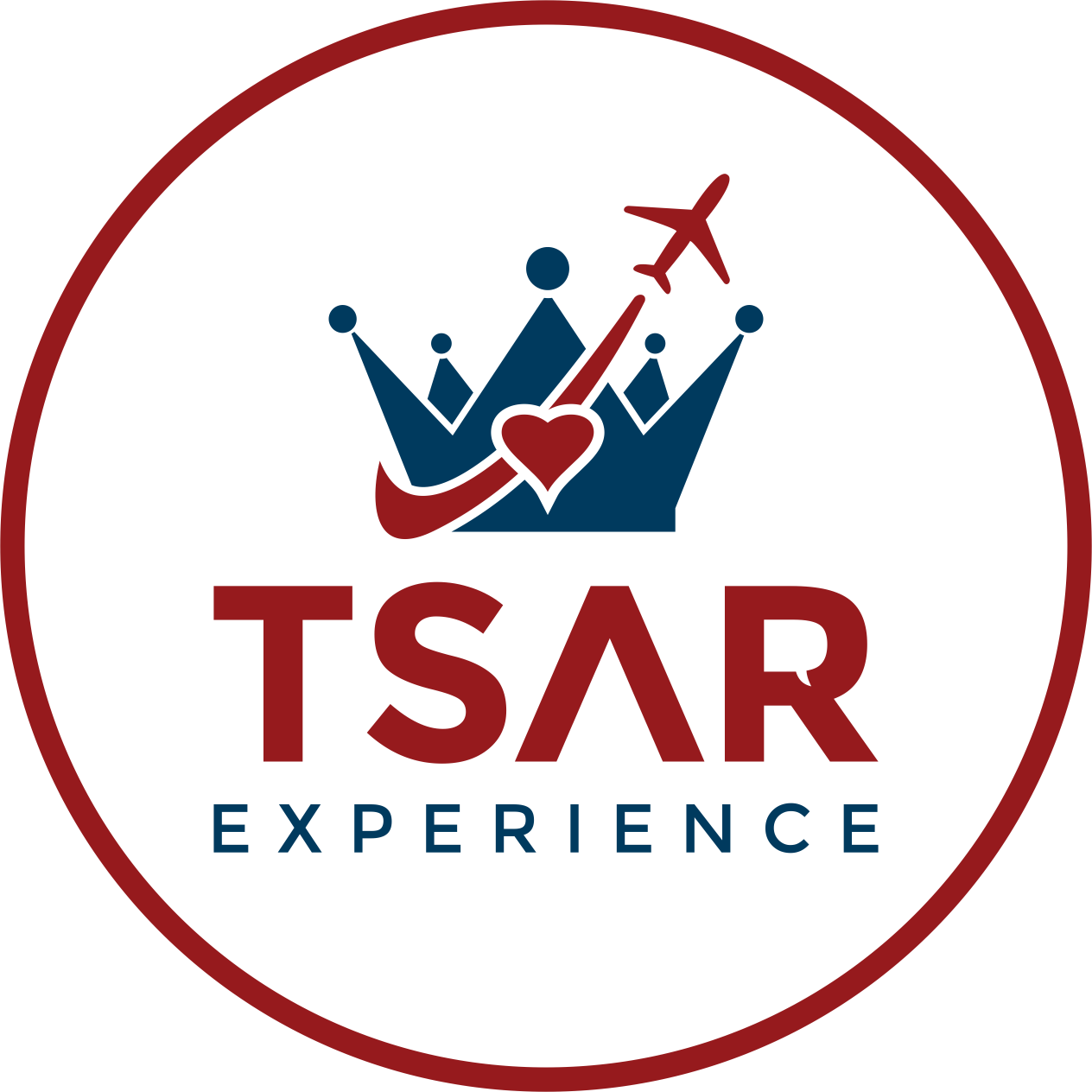
Where is Russian spoken?

Russian is one biggest languages in the world with over 150 million native speakers and a further 110 million people speaking it as an additional language. That makes Russian the 8th most spoken language in the world!
Russian is also an official language of the United Nations and of many other international organizations. It’s effectively a lingua franca in most of the former Soviet Union as well.
So where exactly is Russian spoken geographically and what status does the language have in each of these countries?
Russian as an official language
Russian is the official language of Russia (not that that’s a shock to you 😄). If that’s not enough (Russia being the biggest country in the world geographically), it’s also an official language of Belarus, Kazakhstan and Kyrgyzstan.
Now I’ve traveled to all 3 of these other countries so I can confirm that in most big cities you’ll have little problem communicating in Russian. Occasionally in the countryside, people may speak to you more in another national language or a mix of Russian with that other language like in Belarus, where often trasianka (mix of Russian with Belarusian) is used instead of pure Russian.
You can take a look at one of my travel vlogs from Belarus to get a better sense of what it’s like it like to travel there.
In Moldova, while Russian is not an official language at the national level, it is an official language in the self-declared republic of Transnistria and in the autonomous region of Gagauzia.
In neighboring Ukraine, Russian used to be an official language in many of the country’s regions until 2018 when the Ukrainian Constitutional Court struck down the law providing for this.
Russian as a lingua franca
As Russian was the official language of the Soviet Union, older generations in all of the former Soviet republics should have a fair command of Russian even if in some regions like western Ukraine, locals are not always willing to speak it.
In particular, a majority of Ukrainians are in effect bilingual (Ukrainian and Russian) and Russian is the dominant everyday language in big cities like Kharkiv, Dnipro, Odesa, Zaporizhzhia and even Kyiv, Ukraine’s capital (although Ukrainian is rapidly catching up and may replace Russian in the coming years in Kyiv).
If you are traveling to these cities then you will mainly hear Russian being spoken but please note that most signs and documents are written in Ukrainian (without a Russian translation) nowadays.
This begs the obvious question as to whether Ukraine is really a good option as a location to learn Russian anymore. I give you my assessment in the following video.
Similar to rural Belarus, Ukraine also has a mixed language often used in smaller towns and the countryside called surzhyk. It really messes with your head if you’re trying to learn Russian.
Likewise, Moldova and Latvia have significant Russian-speaking minorities and thus, it won’t be hard to use your Russian in either country. Interestingly in Uzbekistan, Russian is the language of interethnic communication so cities with large non-ethnic Uzbek populations will use a lot of Russian, like the beautiful city of Samarkand (which has a large ethnic Tajik population).
Here you can see Samarkand in all its winter glory in my vlog from Uzbekistan in 2020. Also you’ll notice how easy it was to use Russian there.
Moreover, Russian is used in the other parts of the former Soviet Union to varying degrees like in the Caucasus (Georgia, Armenia and Azerbaijan), Lithuania and Estonia, Turkmenistan and Tajikistan. While Mongolia was never annexed by the Soviet Union (in spite of requesting that happen on many occasions during the Cold War), Russian is also widely spoken there as well.
And there’s more …
There are many parts of the West, where there are sizable Russian immigrant populations. For example, in the US: Miami, Sacramento, Brighton Beach (New York) and Chicago all have big Russian-speaking populations. I’ve even had the pleasure of attending the Miss Russian San Francisco on one of my trips to California.
I used to live in Germany and I can testify that Munich and Berlin would surprise you as to how many people speak Russian (either as a first or second language). In fact there are 2 to 3 million people in Germany with roots in the former Soviet Union.
Likewise for London, well at least in the super rich parts, there are plenty of Russians and in fact, I’ve been privileged to have been invited to many crazy ‘Russian’ parties over the years there. Ditto for Tel Aviv in Israel, where I’ve partied hard with many a blonde Russian beauty. And don’t get me started on how Russian speakers are attracted to the glitz and glamor of Gulf States such as the UAE or go on a holds barred holiday to Goa in India, Turkey, Egypt, Dominican Republic, Spain or Italy …😃
Although not big in terms of numbers of speakers, I’ve even been to a small town in rural southern Brazil in the state of Rio Grande do Sul, where the locals are originally from Siberia. So you never know where you’re going to get the chance to practice your Russian language skills.
You can learn about the history of Russian immigration to southern Brazil that I made on my trip there in 2017. Please turn on the English subtitles in the settings in YouTube if you don’t speak Portuguese.
Did you know that there’s even a tiny sparsely populated rural area of China called Enhe which is officially an ethnically Russian area. About half the population of a few thousand souls are reputedly descendants of marriages between Russian women and Manchurian men. The region is promoted as an idyllic backdrop to Russian village life so it’ll definitely be on my itinerary on a future trip to China.
What next?
So now you have a good overview of where and how much the Russian language is spoken across the world. So the next step is getting you prepared to use it.
That why I’ve put together a terrific beginner’s Russian language bundle with my friends at LanguageBoost to get you speaking Russian for your next European travel adventure. You can decide on whether to invest in the bundle by clicking here!

FREE Video Course:
How to learn languages without extra effort!
SUCCESS!